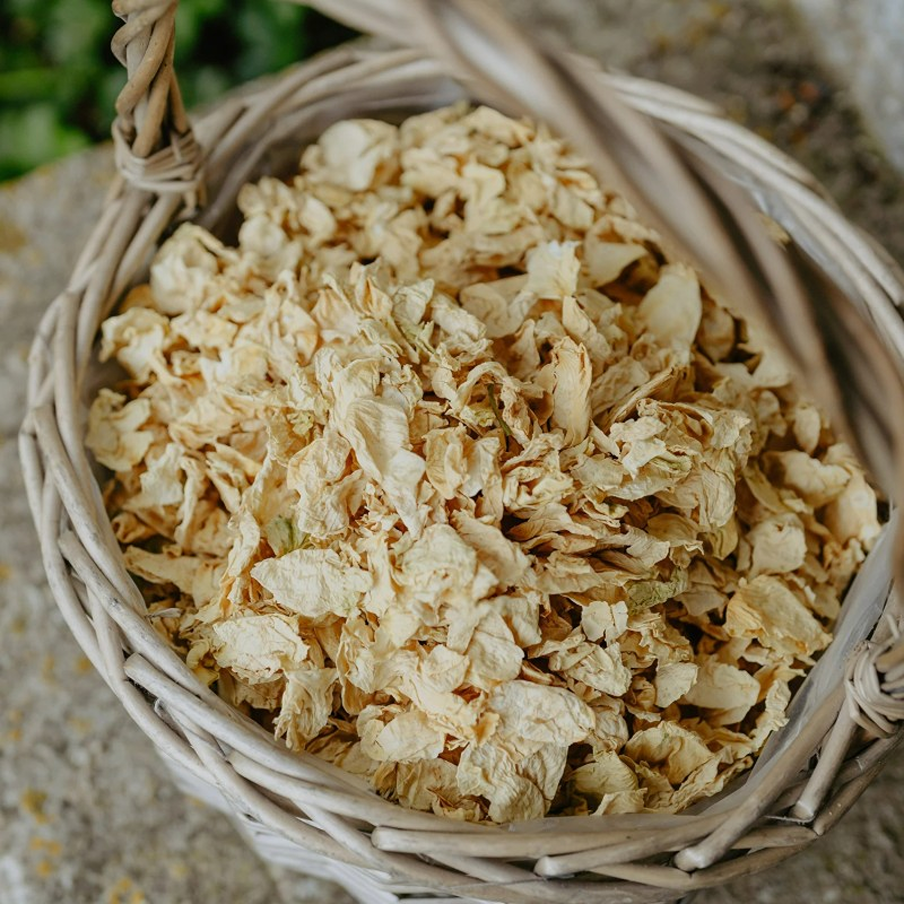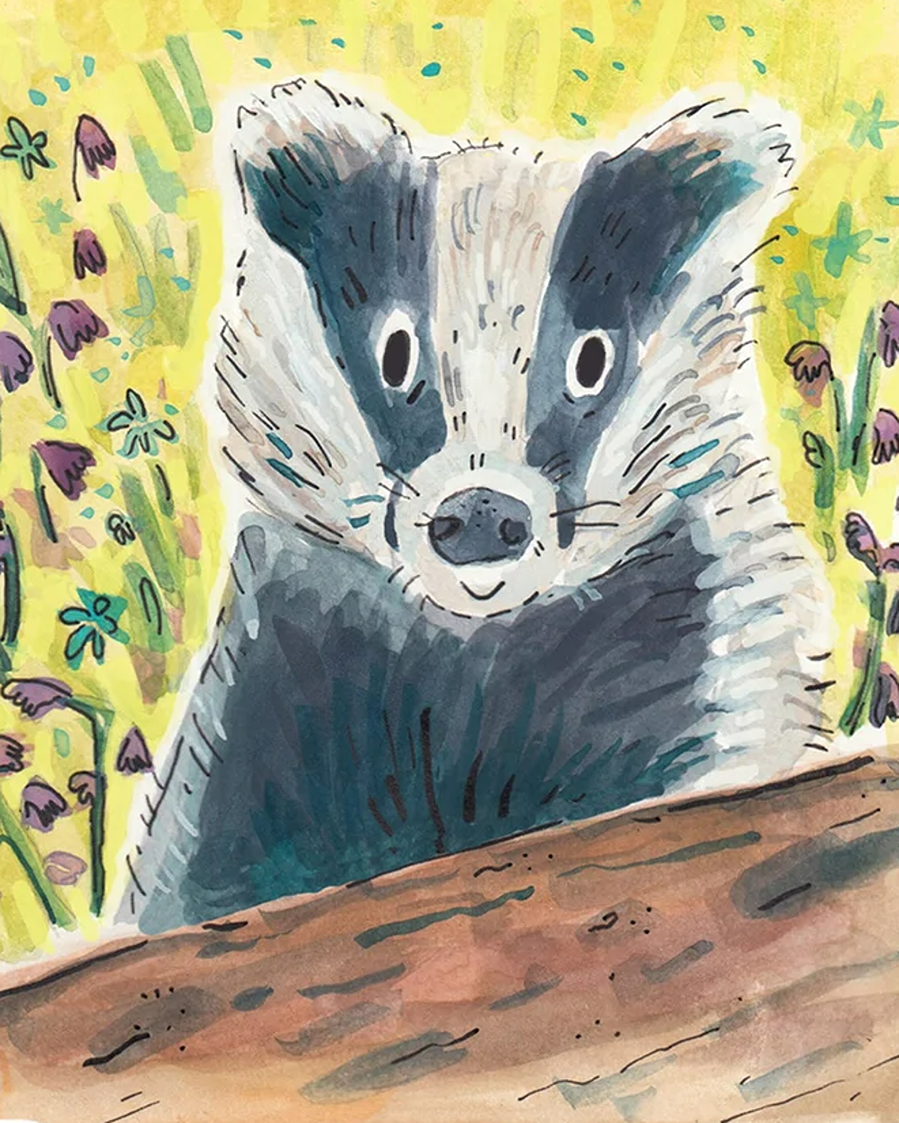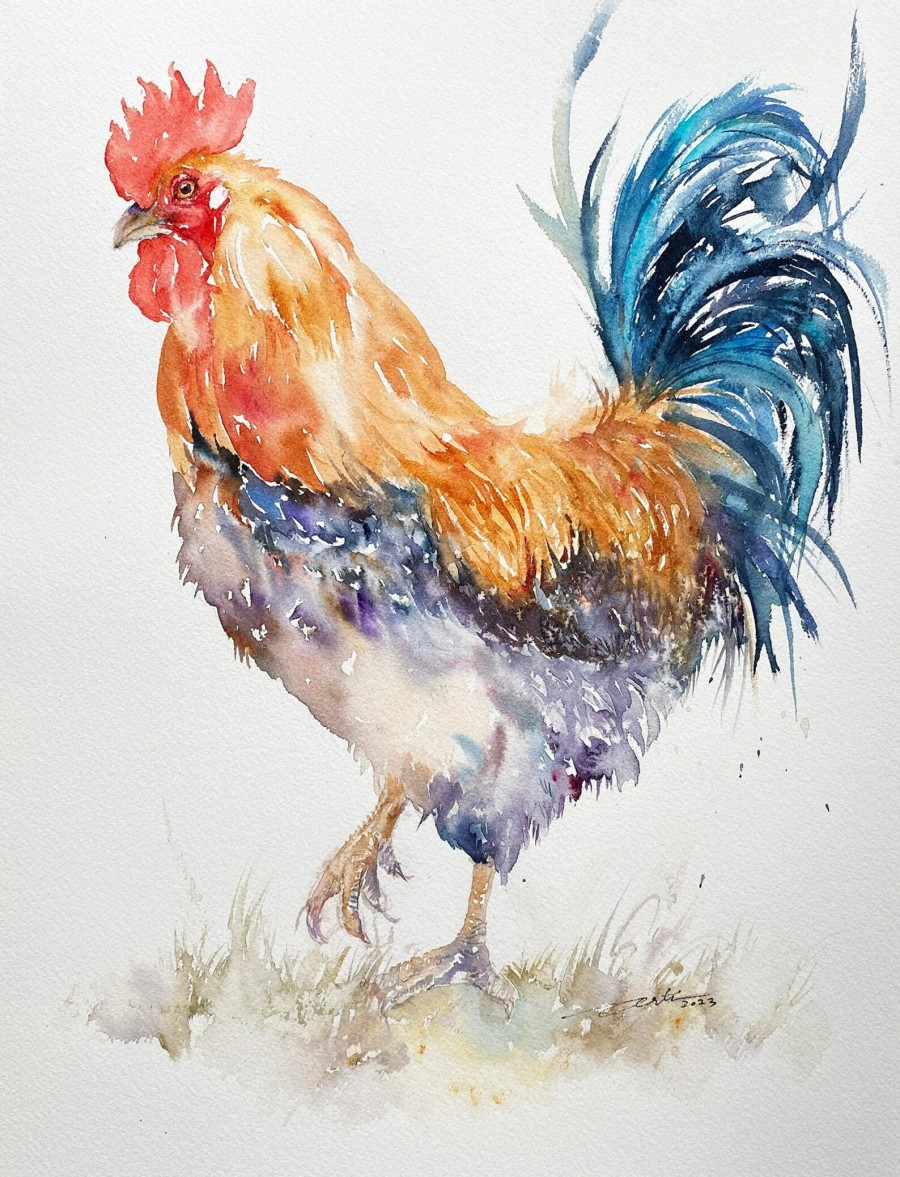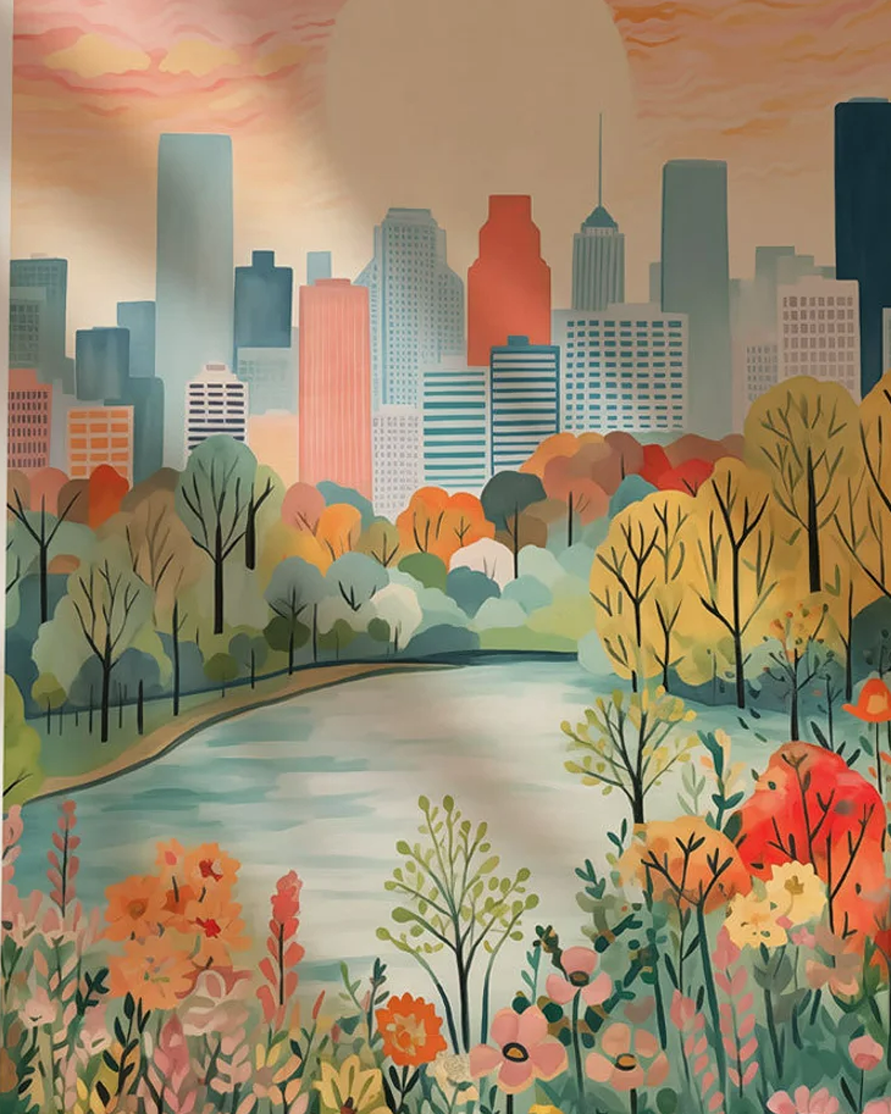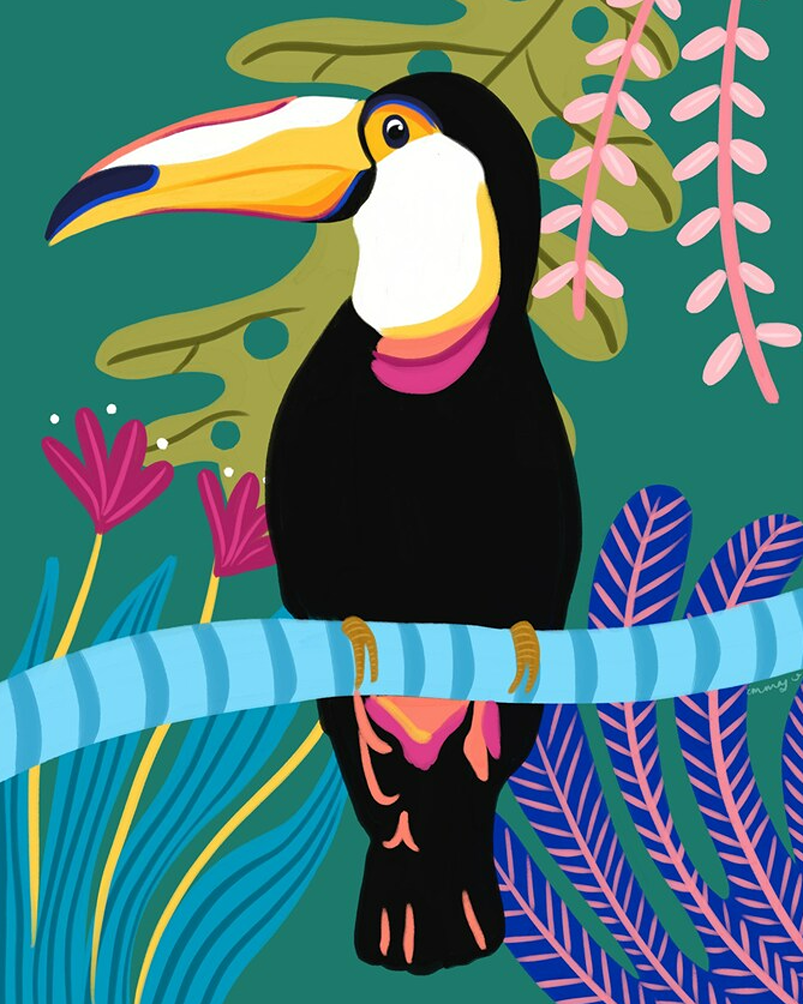
The third smallest country in Cental America (yet the most visited in the area), Costa Rica is likely one of those places that you are vaguely aware of as having lots of tropical rainforests and toucans. But what else do you know? This is a really interesting country to learn from on so many levels. Let’s visit the land of Pura Vida!
Costa Rica tops the Happiness Index
GDP is what England has to measure ‘progress’, which basically means if we chop down forests to make toilet paper and ‘earn money and create jobs’ by building hospitals and prisons (because people get sick and commit crimes) then it’s all seen as ‘good’.
However, The Happiness Index is the world’s alternative, which views ‘the top countries’ as ones that not only have good finances, but also the people are happy, healthy, crime is low, the environment is protected etc. Whereas the UK and US are near top worldwide for GDP, in the happiness rankings, we both plummet to no. 20 and 23 respectively. And Costa Rica tops the board. Let’s find out why!
Costa Rica abolished its army in 1949
We still live in a country that is obsessed by military intervention. Yet Costa Rica removed its army back in 1949 (after a violent 44-day civil war) and used the money to protect its rainforests and fund healthcare, schools and pensions. And despite many conflicts and civil wars in neighbouring countries since, it’s remained at peace and never gone to war.
it protects its endangered wildlife
Unlike countries like Brazil (that sell off rainforest land to beef cattle farming and unsustainable soy production), Costa Rica is known for being one of the most stringent places for wildlife protection. This country has an incredible 500,000 species making it the most biodiverse nation on earth. But still many of these species are rare and endangered, so the country is very focused on protecting what’s left. No trophy hunting here (all hunting is banned). It’s all about eco-tourism to bring in income from travellers.
it doesn’t have animals in cages
Unlike England where charities still have to campaign to educate that we can conserve endangered species without zoos, Costa Rica is one of the fist nations to make it illegal to keep animals in cages. There have been a few welfare issues but overall things have improved. Kivu the lion who lived in a cage of cement and steel with poor diet was moved to a rescue centre where the country roared with joy as he spent his final days amid trees and grass, basking in the sunshine (when not tearing apart logs).
it looks after its coffee farmers
Whereas there are welfare issues elsewhere with farmers who grow coffee beans, in Costa Rica ‘the golden grain’ (responsible for much of the country’s income) farmers are looked after, some even receive free land if they plan to grow and sell coffee. Costa Rica also protects its indigenous peoples, all recognised by government who respect their rights, land, language and cultural heritage.
Costa Rica invented rice and beans!
Whereas England increasingly lives off American fast food, Costa Ricans tend to eat real good cheap food (they even eat rice and beans for breakfast!) Cooked in Salsa Inglesa (a tangy sauce), they know that beans are packed with fibre and protein and very tasty! It may explain why they are one of the world’s longest-lived nations.
it looks after its sea turtles
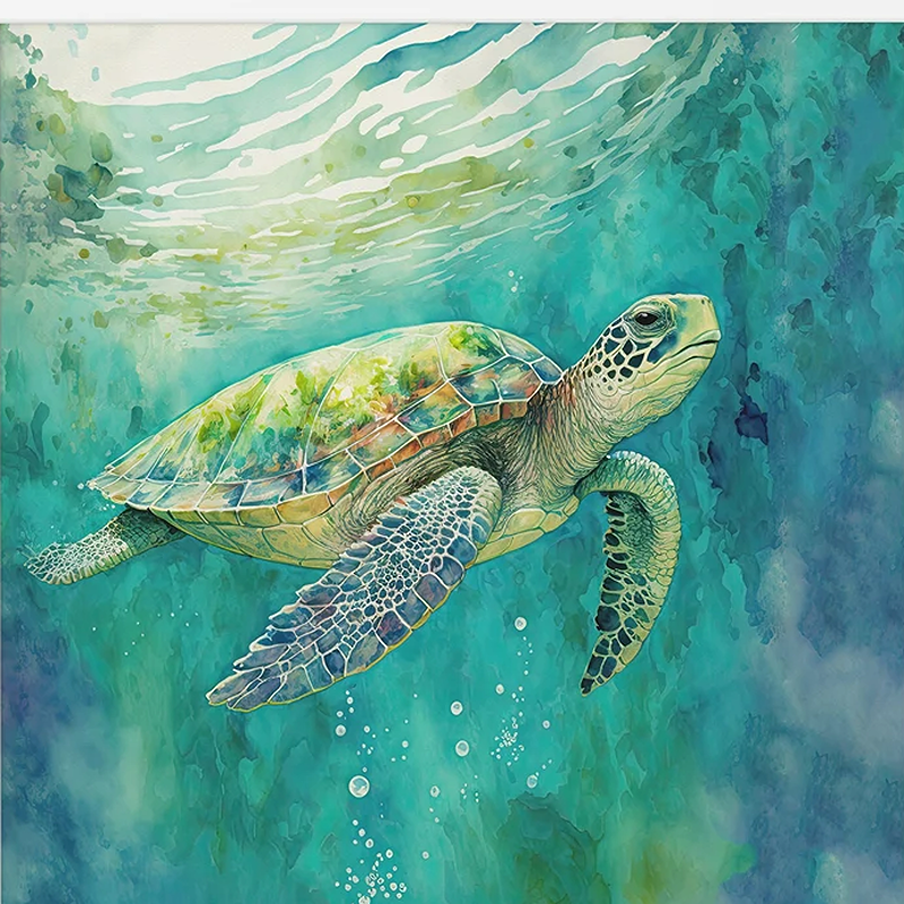
England has sea turtles too (‘ocean lawnmowers’). But while we destroy seagrass habitats with anchors, confuse them with light pollution and kill them by releasing balloons (which they eat, believing they are jellyfish), Costa Rica has implemented strict rules to stop overtourism to protect its sea turtles (sometimes over 100,000 can take over beaches in a single day!) This way they are left alone to breed and lay their eggs.
it has one of the safest cities in the Americas
Costa Rica’s capital city of San José is considered to be one of the safest cities in the whole of Latin America (according to Global Peace Index). Despite having around 2 million people, in daytime most crimes are petty (violent crime is rare in the country). Rates have increased in recent years, but this is mostly gang-related due to drug trafficking, not for residents or tourists.
it has a simple and fair voting system
In Costa Rica, the president is elected every four years, with people voting in their home town (postal votes are not the norm and it’s not usual for expatriates to vote either). Obviously disabled people can presumably vote by proxy, the ban on postal voting is mostly to avoid electoral fraud.
people live slowly, like sloths!
Sloths are the national symbol of Costa Rica. These unusual creatures who spend most of their lives in trees are not lazy, they just have very slow digestions, and so learn how to slow down to a pace that suits them. Read more on what we can learn from sloths!
it looks after its beautiful butterflies
Costa Rica is home to 10% of the world’s butterflies. Yet in England it’s rare to see butterflies due to disappearing habitats. A study by Butterfly Conservation found 90% of semi-natural lowland meadows and pastures have been lost in the last 75 years, which has had major effects on butterfly populations.
it has one of the world’s longest longevity rates
Nicoya Peninsula has one of the world’s best longevity. The lifespan of people here is 85 years old, though mostly to do with their healthy food (rice and beans!) So why do they live 5 years longer than us on average? Experts believe other factors are walkable communities and strong social connections (so nobody ever gets lonely). Yet despite their long lives, they don’t read health books or go to the gym. They simply eat well, walk their children to school, visit family and cook simple meals with unprocessed ingredients. The Costan Rican equivalent of GPs also visit homes for annual check-ups, rather than people having to visit surgeries.
funeral parlours don’t embalm bodies
In England, most dead bodies are embalmed, which leaches chemicals into groundwater for decades. In Costa Rica (a deeply Catholic country), bodies are buried the same day or the next, often with 9 days of prayer after that. So bodies are not embalmed (there is no need), which also protects the environment.
people drink agua fresca (not sugary pop)
Agua fresca is a national drink that mixes tropical fruits with water and sugar. This is far healthier than the artificially-sweetened sodas sold in most stores in England. They obviously use tropical fruits, but we could do the same with apples, peaces, plums and cherries.

